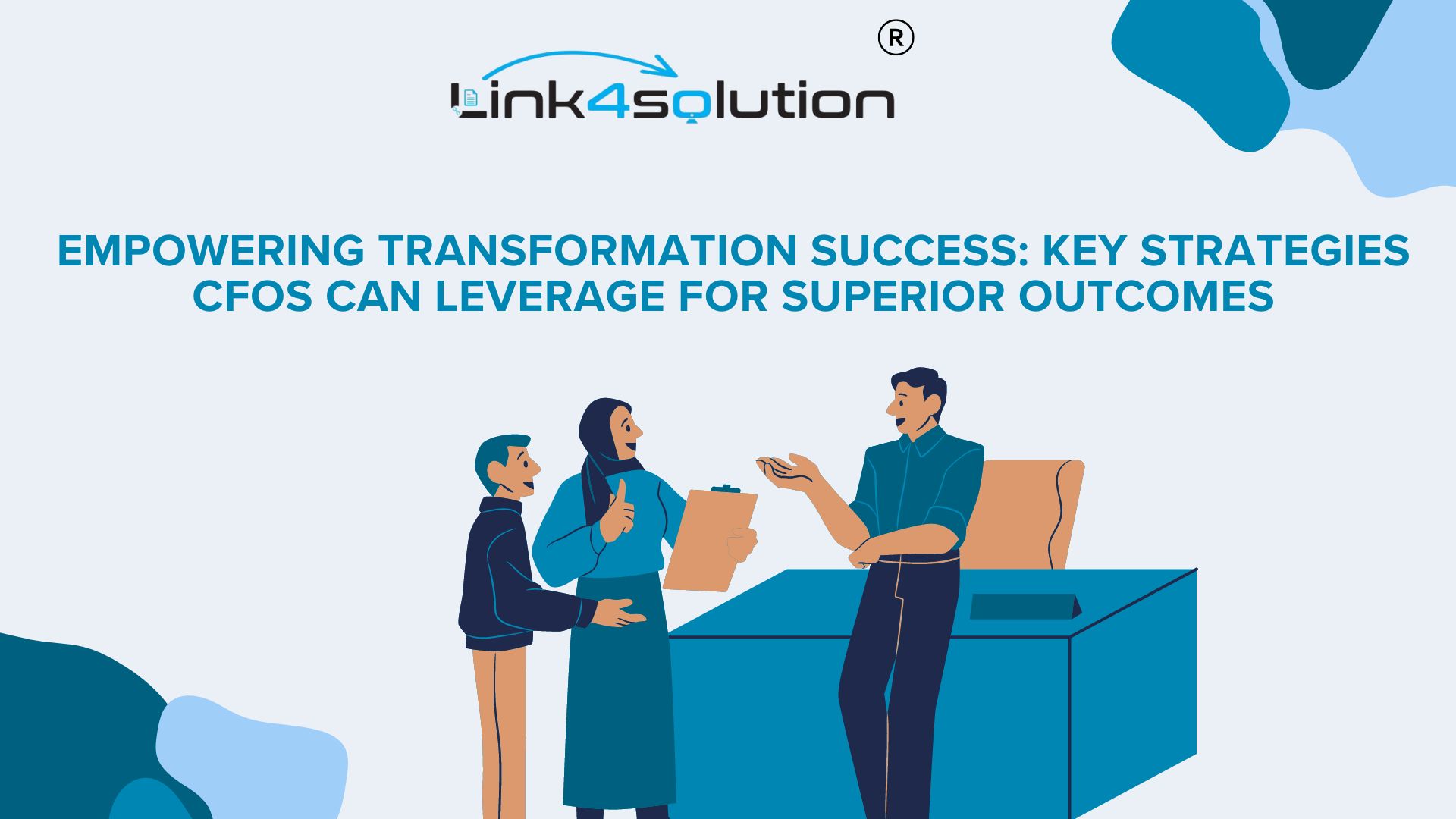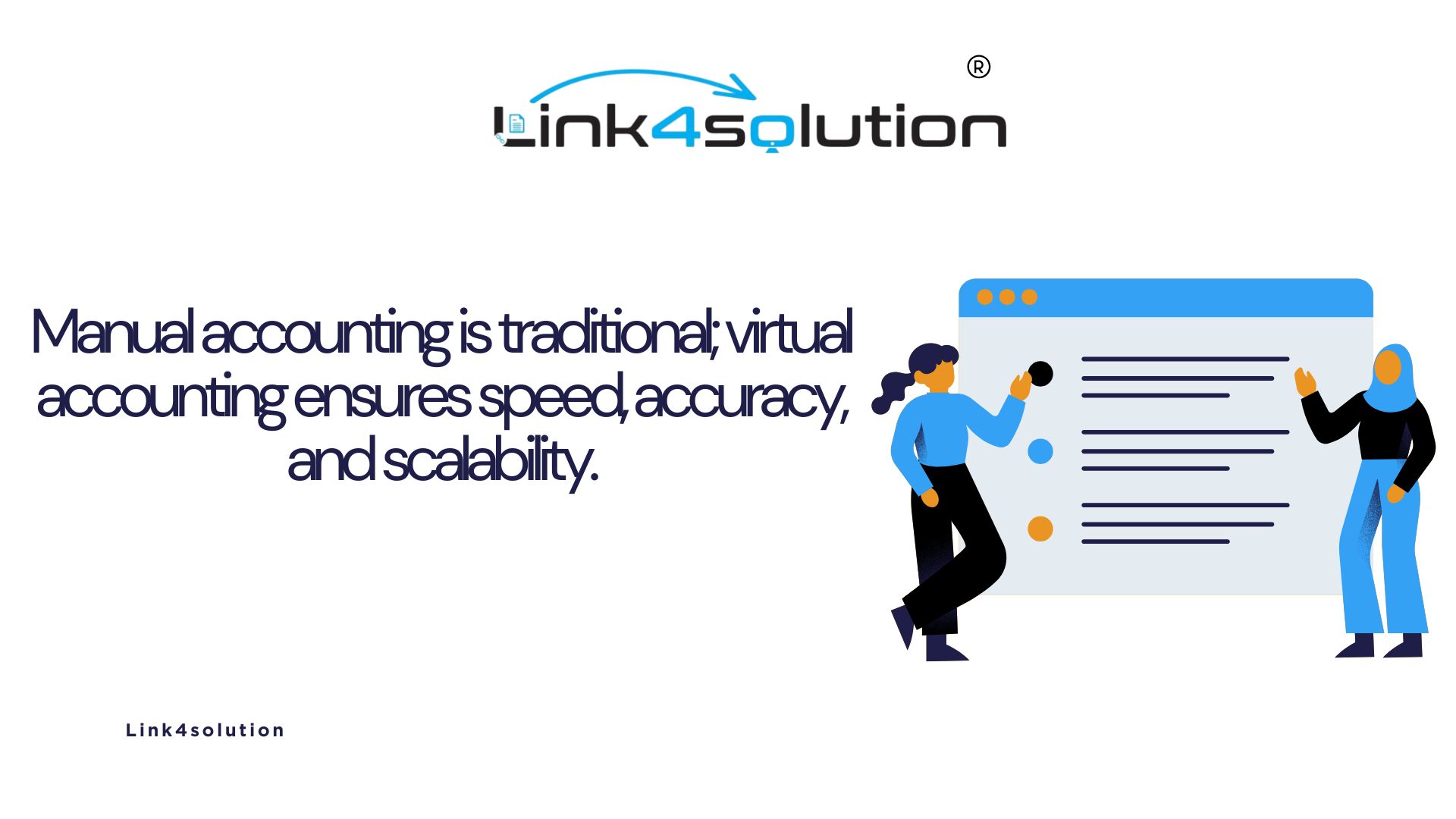Chief Financial Officers (CFOs) stand as pivotal architects, ensuring that financial blueprints meld seamlessly with overarching transformation objectives. This synergy is crucial for crafting strategies that not only safeguard an organization’s fiscal health but also propel it towards its transformational aspirations.
Numerous instances underscore the significant role CFOs have played in sculpting the financial landscape to support successful transformations. By examining real-world scenarios where financial strategies have been intricately linked with broader objectives, we aim to showcase the transformative power CFOs wield in shaping the future of their organizations.
1. Leveraging Technology for Integration
In today’s fast-paced environment of organizational change, technology emerges as a central element, with CFOs leading the charge to harness its potential in driving transformation. By strategically deploying cutting-edge technologies, they streamline financial processes, enabling informed, data-driven decision-making that ensures transformational efforts are well-supported.
Technology as a Catalyst: When organizations embark on transformative journeys, CFOs play a crucial role in introducing technologies such as Artificial Intelligence (AI), Machine Learning, and Robotic Process Automation (RPA) to refine financial operations. These innovations automate mundane tasks, freeing finance teams to concentrate on strategic planning and analysis.
Data Analytics for Astute Decisions: CFOs leverage data analytics to gain insightful financial performance analysis. Predictive analytics, for instance, empowers CFOs to anticipate trends and proactively identify potential risks. Cloud-based platforms provide timely analytics, enhancing decision-making quality.
Blockchain for Enhanced Transparency and Security: In financial operations, blockchain technology ensures transparency and security, enabling CFOs to bolster auditing processes, reduce fraud risks, and improve the quality of financial information.
ERP Systems for Cohesive Financial Management: Enterprise Resource Planning (ERP) systems play a crucial role in unifying financial processes across an organization. CFOs implement effective ERP solutions to improve financial reporting, budgeting, and forecasting, leading to a holistic transformation approach.
2. Strategizing Risk Management
Transformation initiatives invariably encounter risks that can impact an organization’s financial stability and success. Proactive risk management by CFOs is essential to maintaining organizational equilibrium.
Identifying Transformation Risks: Transformations introduce various risks, from financial instability and operational disruptions to stakeholder resistance and potential reputational damage. CFOs conduct thorough risk analyses to identify and navigate potential pitfalls throughout the transformation process.
Effective Risk Management Approaches:
– Comprehensive Risk Assessment: Conducting an all-encompassing risk analysis of the transformation project, including financial, operational, regulatory, and reputational risks, to create a detailed risk profile.
– Stakeholder Collaboration: Engaging with key stakeholders—internal teams, external partners, and regulators—to address their concerns and ensure a smooth transformation.
– Scenario Planning: Developing contingency plans through situational analysis to swiftly respond to unforeseen challenges.
– Open Communication: Maintaining clear and transparent communication channels throughout the transformation journey to foster trust and mitigate uncertainties among stakeholders.
3. Cultivating Talent and Culture
In the realm of organizational transformation, managing talent and aligning culture are paramount. CFOs, traditionally viewed as financial stewards, now emerge as champions of cultural change, understanding that harmonizing skilled talent with a transformation-supportive culture is key to success.
Talent Management as a Strategic Priority: CFOs lead the development of talent management strategies aligned with transformation objectives, identifying skill gaps, promoting continuous learning, and ensuring the organization possesses the necessary expertise to tackle change complexities.
Encouraging a Transformation-ready Culture: Culture acts as the fulcrum for successful transformation. CFOs significantly influence the cultivation of an organizational culture that fosters innovation, flexibility, and proactive change. This involves promoting open communication, breaking down silos, and instilling a mindset that views transformation as an ongoing journey rather than a one-time event.
4. Embracing Data-Driven Decision Making
In the era of digital transformation, data-driven decision-making becomes a cornerstone of strategic success. CFOs utilize analytics to guide financial strategies and expansion plans.
The Strategic Value of Data-Driven Decisions: Data transcends mere numbers, serving as a tool for insight and foresight. Modern CFOs harness this data to make informed strategic decisions, whether in financial analysis, risk management, or resource allocation, thereby shaping intelligent, transformation-aligned choices.
Utilizing Data Analytics for Financial Insights: CFOs employ advanced data analytics tools for deep dives into financial data, enabling proactive identification of trends and challenges, and facilitating preemptive strategies.
Operational Efficiency Through Data: Data-driven decisions extend to enhancing operational efficiency. By analyzing financial and operational data, CFOs identify inefficiencies, standardize processes, and optimize resource utilization, boosting the success of transformation initiatives.
Conclusion
Chief Financial Officers (CFOs) play a comprehensive role in steering organizations towards effective transformation. As agents of change, they emerge as strategic leaders, essential in aligning financial objectives with transformation




